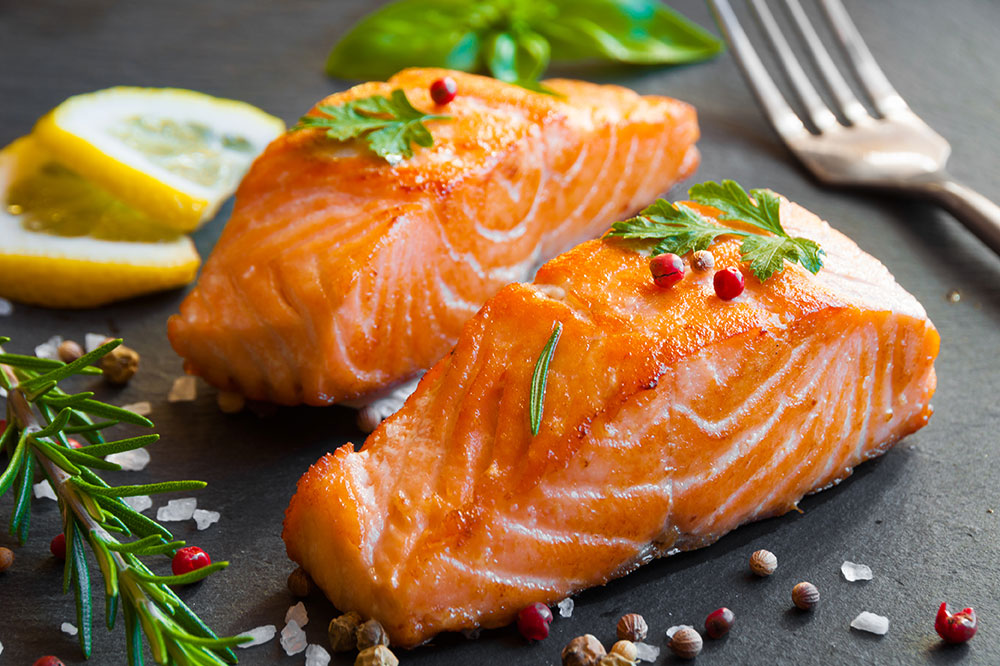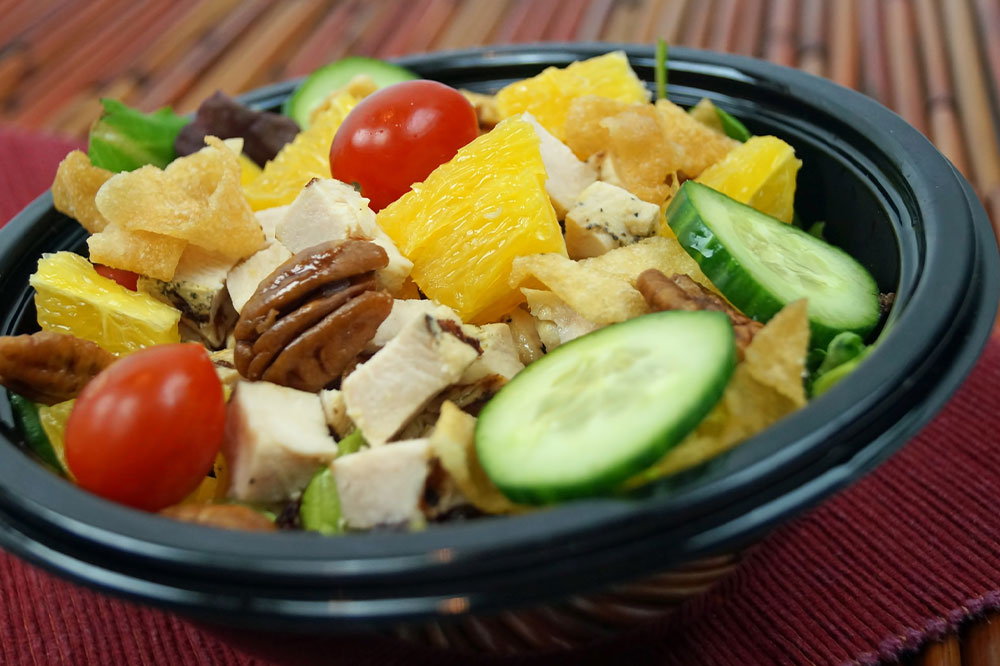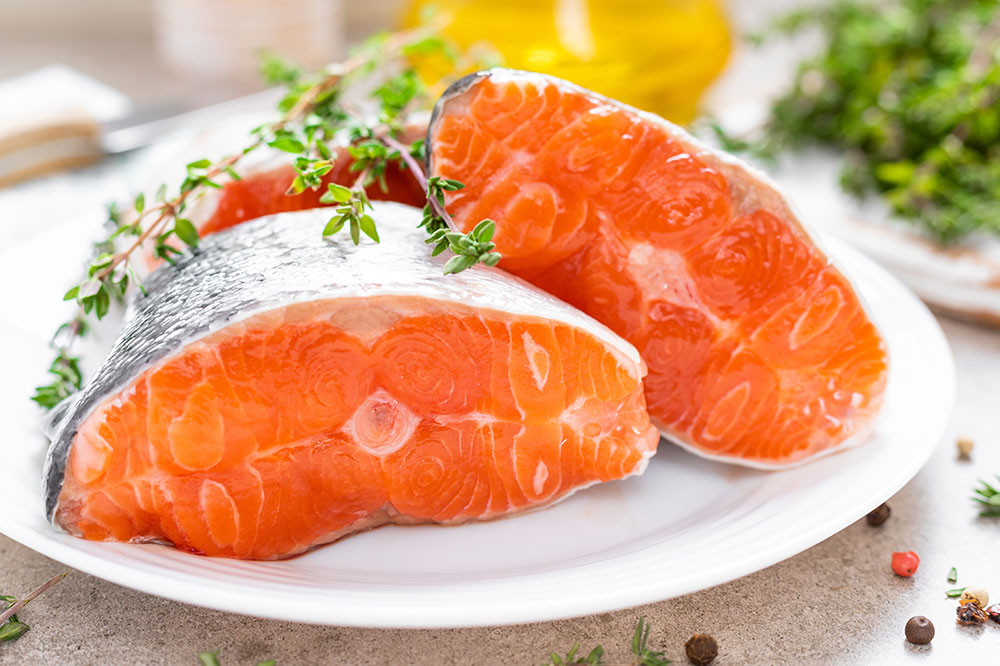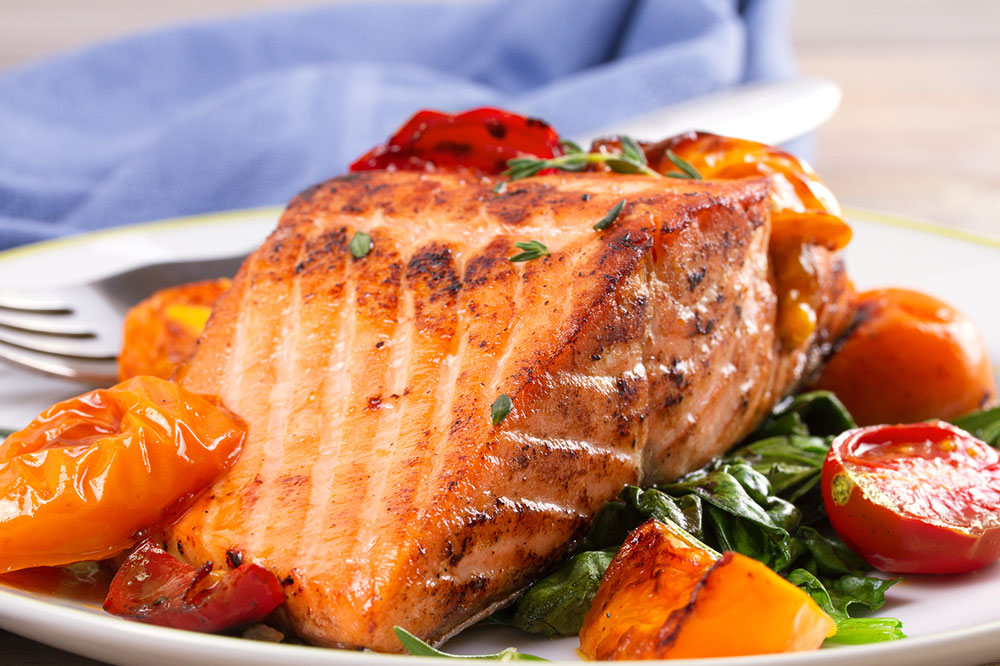Effective Nutritional Strategies to Relieve Arthritis Symptoms
Discover effective nutritional strategies to manage arthritis symptoms through a detailed guide on seven anti-inflammatory foods. This article explores how incorporating fatty fish, fruits, whole grains, garlic, nuts, and spices like ginger and turmeric can reduce joint pain, inflammation, and improve mobility. Learn practical tips on dietary modifications that serve as a valuable complement to medical treatments, helping you regain control over your joint health and enhance your quality of life.

Effective Nutritional Strategies to Relieve Arthritis Symptoms
Arthritis is a widespread condition that affects millions globally, characterized by joint pain, stiffness, swelling, and limited mobility. It encompasses various types, including osteoarthritis and rheumatoid arthritis, which can significantly impair quality of life. While medical interventions such as medications, physical therapy, and surgeries are essential components of treatment, lifestyle modifications, particularly dietary choices, play a crucial role in managing symptoms. Implementing an anti-inflammatory diet rich in specific nutritious foods can help reduce joint pain, decrease swelling, and improve overall joint function.
Understanding how certain foods influence inflammation and joint health can empower individuals to take control of their condition. This comprehensive guide highlights seven key nutritional choices that can help alleviate arthritis symptoms, serving as a complementary approach alongside conventional treatments.
**Fatty Fish**
Incorporating fatty fish such as salmon, mackerel, sardines, and trout into your diet provides a rich source of omega-3 fatty acids. These essential fats are renowned for their potent anti-inflammatory properties. Regular consumption—about 3 to 4 ounces twice a week—can significantly reduce joint inflammation, pain, and stiffness associated with arthritis. Omega-3s modulate inflammatory chemicals in the body, helping to slow cartilage destruction and improve joint mobility.
**Fruits: Apples and Berries**
Fruits like apples and berries are powerhouses of antioxidants, vitamins, and phytochemicals. Apples are rich in vitamin C, fiber, and flavonoids that combat oxidative stress and suppress inflammatory responses. Berries—such as blueberries, strawberries, and raspberries—contain high levels of quercetin and rutin, potent antioxidants that help minimize joint inflammation and oxidative damage. These fruits can be easily added to your daily diet, whether as snacks, smoothies, or toppings.
**Whole Grains**
Foods like oats, barley, quinoa, and bulgur are excellent sources of fiber and antioxidants. Studies indicate that consuming whole grains can lower C-reactive protein (CRP) levels—an indicator of inflammation—and reduce rheumatoid arthritis symptoms. Whole grains are also rich in B vitamins, magnesium, and phytochemicals that support musculoskeletal health. Replacing refined grains with whole grains is a simple yet effective dietary modification for managing arthritis.
**Garlic and Spice Integrations**
Garlic contains diallyl disulphide, a compound known to inhibit enzymes that damage cartilage. Additionally, garlic boosts immune function, which is especially beneficial for autoimmune types of arthritis such as rheumatoid arthritis. Incorporating garlic into your cooking adds not only flavor but also offers anti-inflammatory benefits. Other spices like turmeric and ginger possess similar properties, further aiding in pain reduction and inflammation control.
**Nuts and Seeds**
Walnuts, almonds, flaxseeds, and chia seeds are rich in healthy fats, magnesium, and antioxidants. Regular intake can help lessen joint inflammation, improve bone health, and support immune function. Nuts are also an excellent source of protein, which is necessary for tissue repair and recovery. Incorporating a handful of nuts daily can contribute significantly to an anti-inflammatory dietary pattern.
**Ginger and Turmeric**
These powerful spices have been used for centuries in traditional medicine due to their anti-inflammatory properties. Scientific studies demonstrate that ginger supplementation can improve knee pain and reduce inflammation markers. Turmeric’s active compound, curcumin, effectively suppresses inflammatory cytokines and enzymes. Adding fresh ginger or turmeric powder to teas, soups, or stir-fries offers a natural way to combat arthritis symptoms.
In conclusion, dietary choices are an essential component of comprehensive arthritis management. Integrating fatty fish, antioxidant-rich fruits, whole grains, garlic, nuts, and anti-inflammatory spices can significantly impact inflammation levels, reduce pain, and improve joint health. Combining these nutritional strategies with medical treatment and physical activity can lead to a better quality of life for individuals dealing with arthritis. Remember, before making significant dietary changes, it’s advisable to consult with a healthcare professional or a registered dietitian to personalize your approach and ensure nutritional adequacy.





